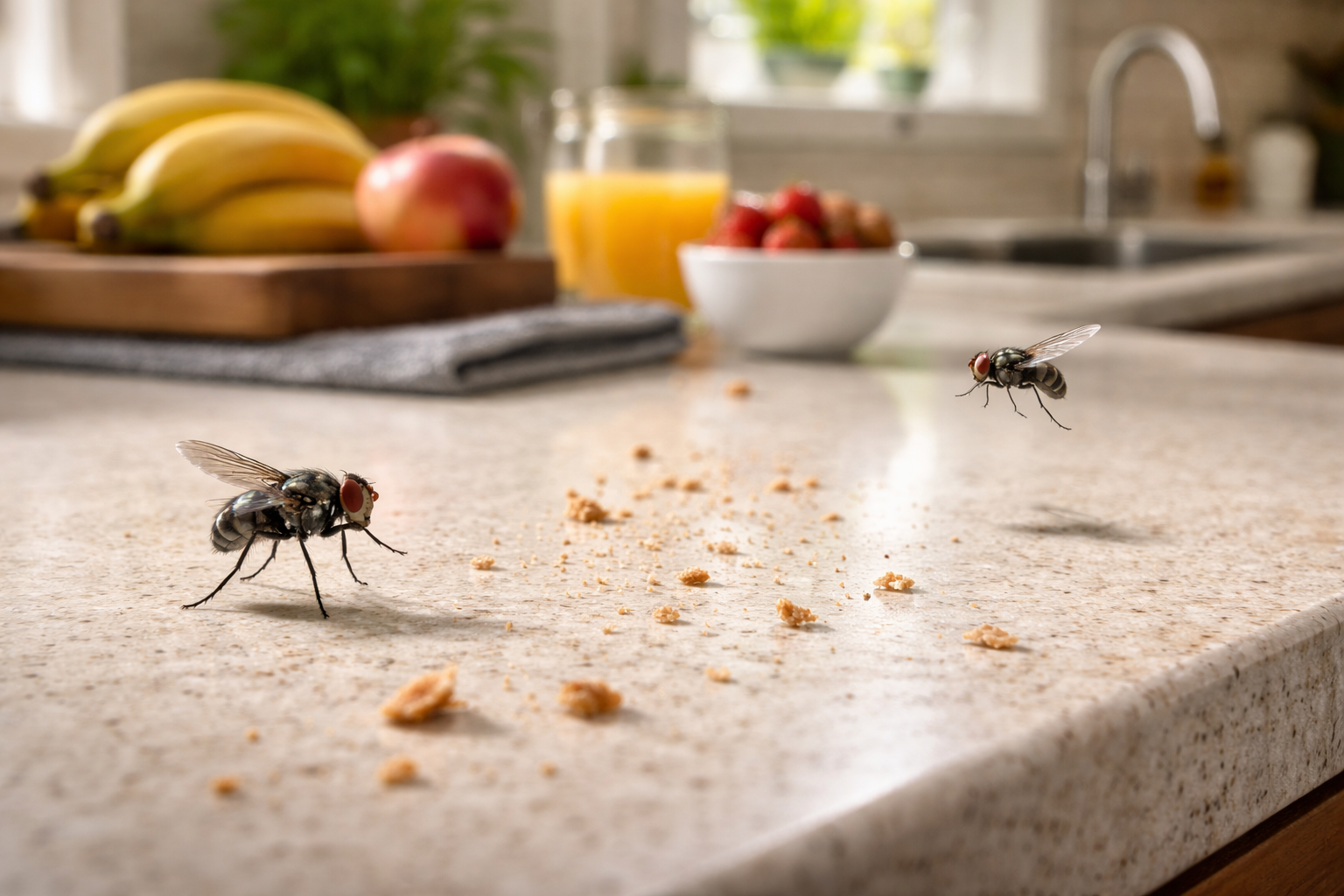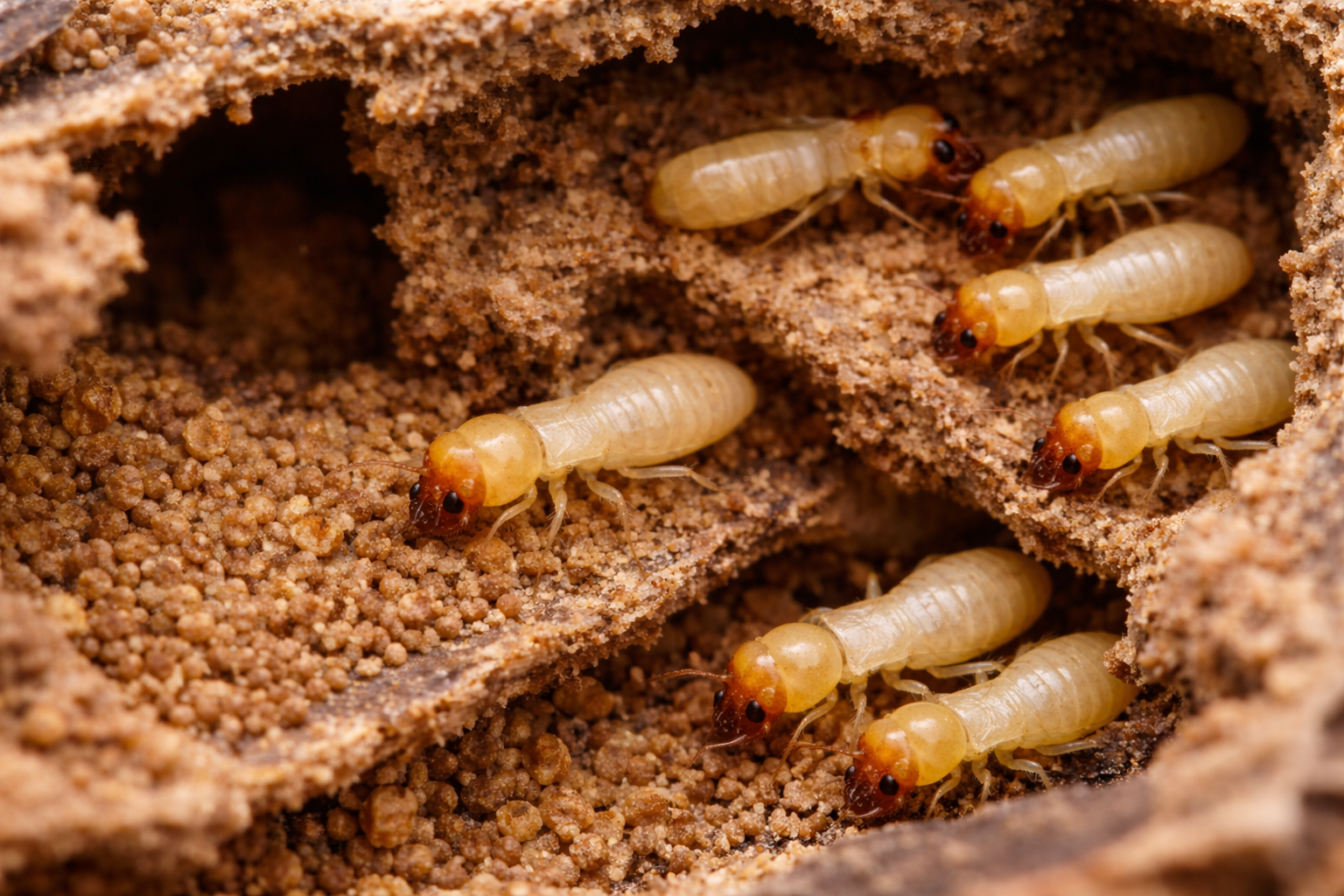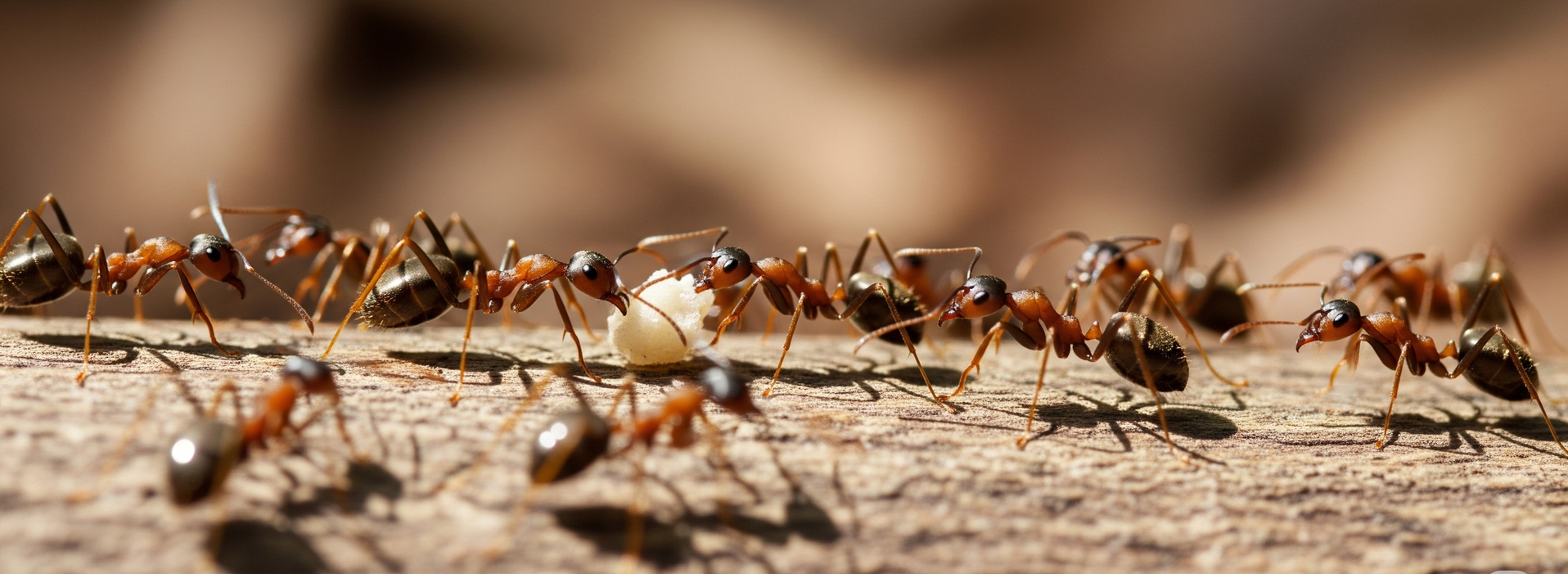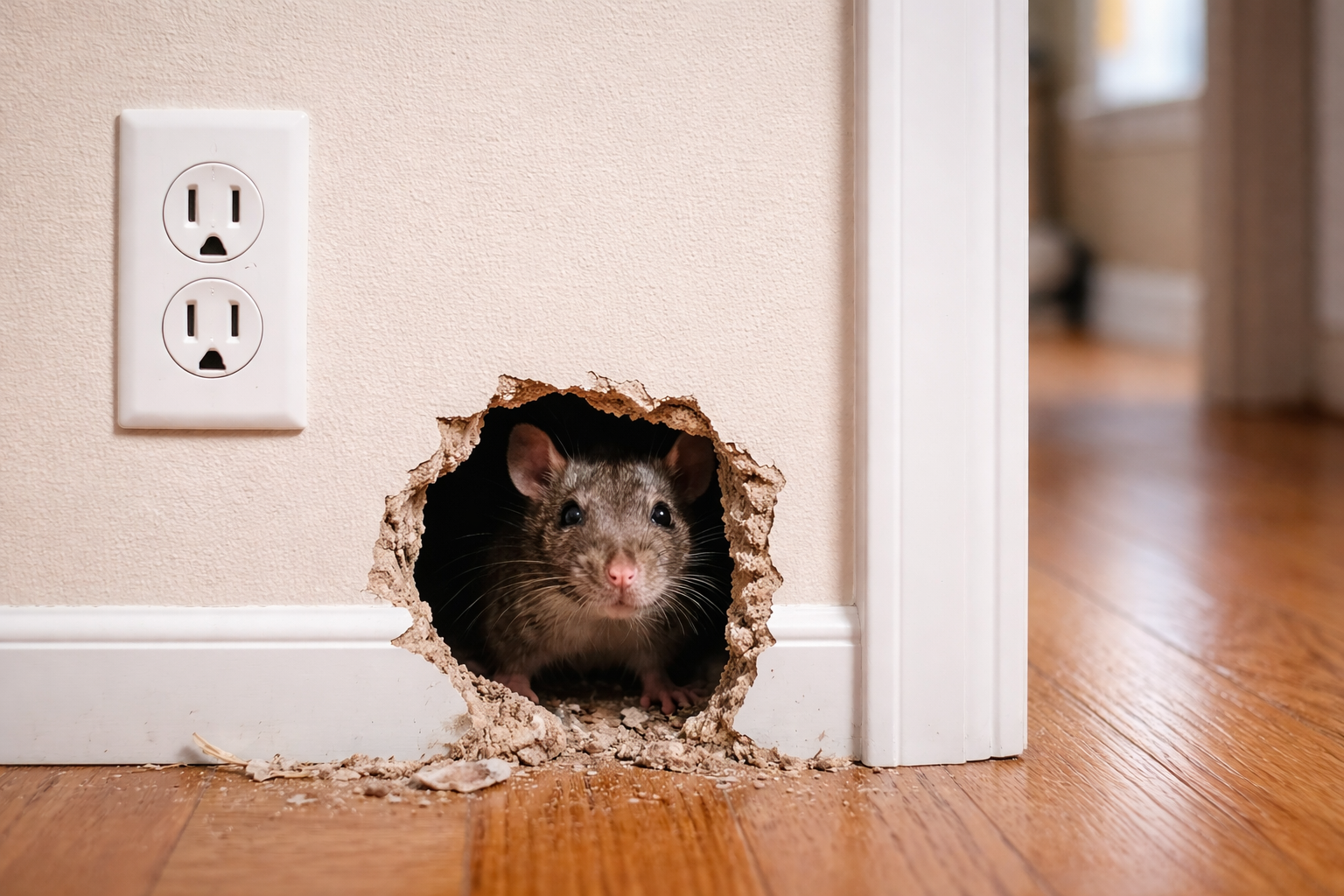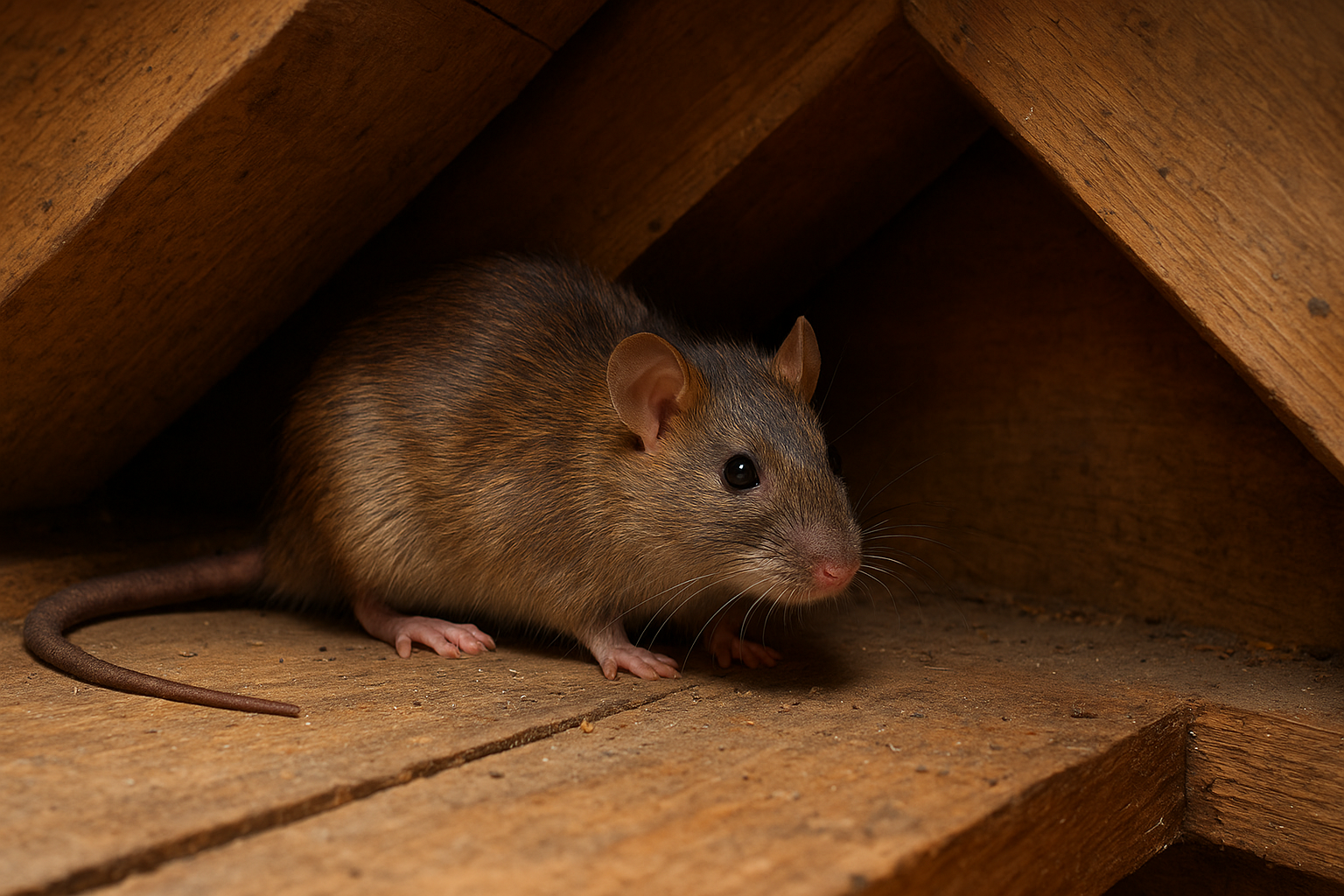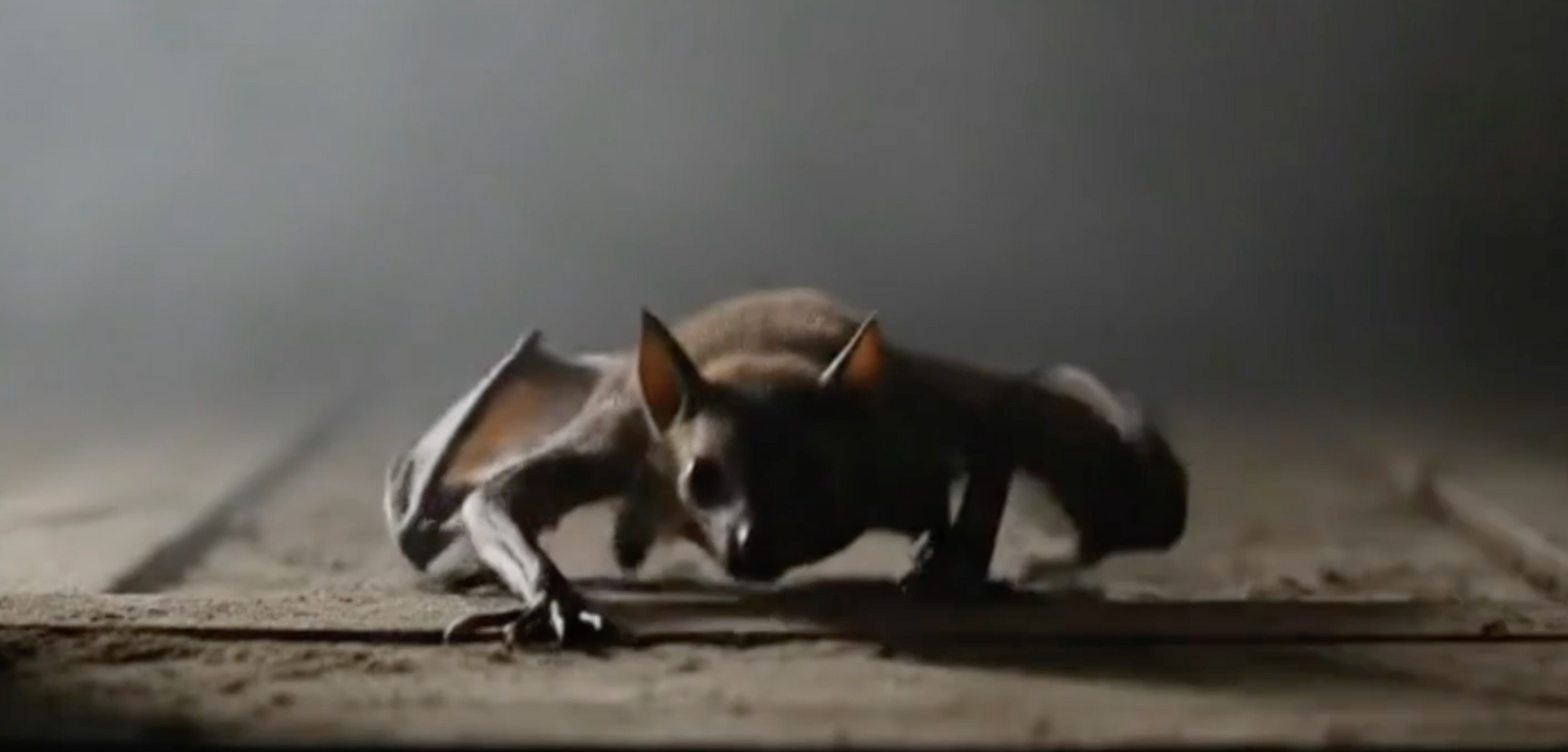How to Get Rid of Termites in Your Home
Learn how to identify and eliminate drywood and subterranean termites. Free termite inspection from Insect IQ.
How to Get Rid of Termites if you are Seeing Termites Around Your Windows?
If you’re spotting tiny wings, droppings, or even dead insects near your windows, doors, or anywhere sunlight streams in—you could have termites. After swarming, termites shed their wings—leaving behind the number one sign of an infestation. Often confused for ants, termites tend to swarm out of their colonies toward windows and other bright areas, leaving a trail of destruction in their wake.
Ignoring the signs? That could cost you thousands in repairs.
Why Getting Rid of Termites is Crucial for Your Home
Termites cause billions of dollars in damage each year in the U.S. alone. Drywood termites bore into furniture and structural wood, while subterranean termites attack from below, eating away at your home's foundation and framing—even in concrete block homes. Yes, even if you live in a block house, your roof trusses, window frames, and interior wooden supports are all at risk.
These pests don’t just damage your property—they multiply fast and stay hidden. By the time you see wings or frass (termite droppings), the infestation may already be severe. Getting rid of termites quickly is essential to protect your investment, your home’s structure, and your peace of mind.
Home Remedies for Termites
DIY termite treatments like orange oil, vinegar sprays, or boric acid powders may kill a few visible termites—but they don’t reach the colony. Termites live deep within wood or underground, and surface treatments won’t cut it.
Here’s the danger: homeowners who drill into walls or floors trying to inject chemicals can accidentally spread the infestation or weaken the structure. Misapplied chemicals may also cause termites to move deeper into hidden parts of your home, making them even harder to eliminate later.
Unless you’re trained and licensed, it’s best to avoid risky home remedies. The cost of getting it wrong is far higher than calling in a professional.
Professional Termite Treatment Options That Work
Termites are among the hardest pests to eliminate, especially when DIY methods fail. That’s why professional help is critical. At Insect IQ, we offer free inspections to identify the exact species and extent of the infestation.
We use advanced, proven methods including:
- Foam and liquid spot treatments for drywood termites
- Soil trenching and barrier treatments for subterranean termites
- Sentricon® Bait System – the No. 1 solution for long-term termite control
Our team is licensed, experienced, and ready to protect your home using environmentally responsible treatments. We don’t just kill termites—we keep them from coming back.
Subterranean Termite Prevention in Florida
In Florida, subterranean termites are incredibly common. All it takes is one wooden stake left in the soil or a scrap of lumber from a past construction project, and your home could be at risk—even if it’s a block house. Why? Because every home contains wooden elements—baseboards, roof supports, framing—and that’s all termites need.
To protect your home long-term:
- Install
Sentricon® Bait Stations around the property
- Trench and treat the soil around your foundation
- Eliminate wood-to-soil contact wherever possible
- Remove any leftover lumber or wood debris near your home
Our proactive termite defense systems stop termites before they become a problem. Prevention is easier—and cheaper—than repair.
Call Insect IQ Today for a Free Termite Assessment
Don’t wait until you see damage. If you’ve found wings, droppings, or even a few suspicious bugs near your windows or doors, it’s time to call in the experts. Insect IQ offers free termite inspections and trusted solutions that actually work.
👉 Call us today or book online for your free assessment. Protect your home before termites make a meal out of it.


